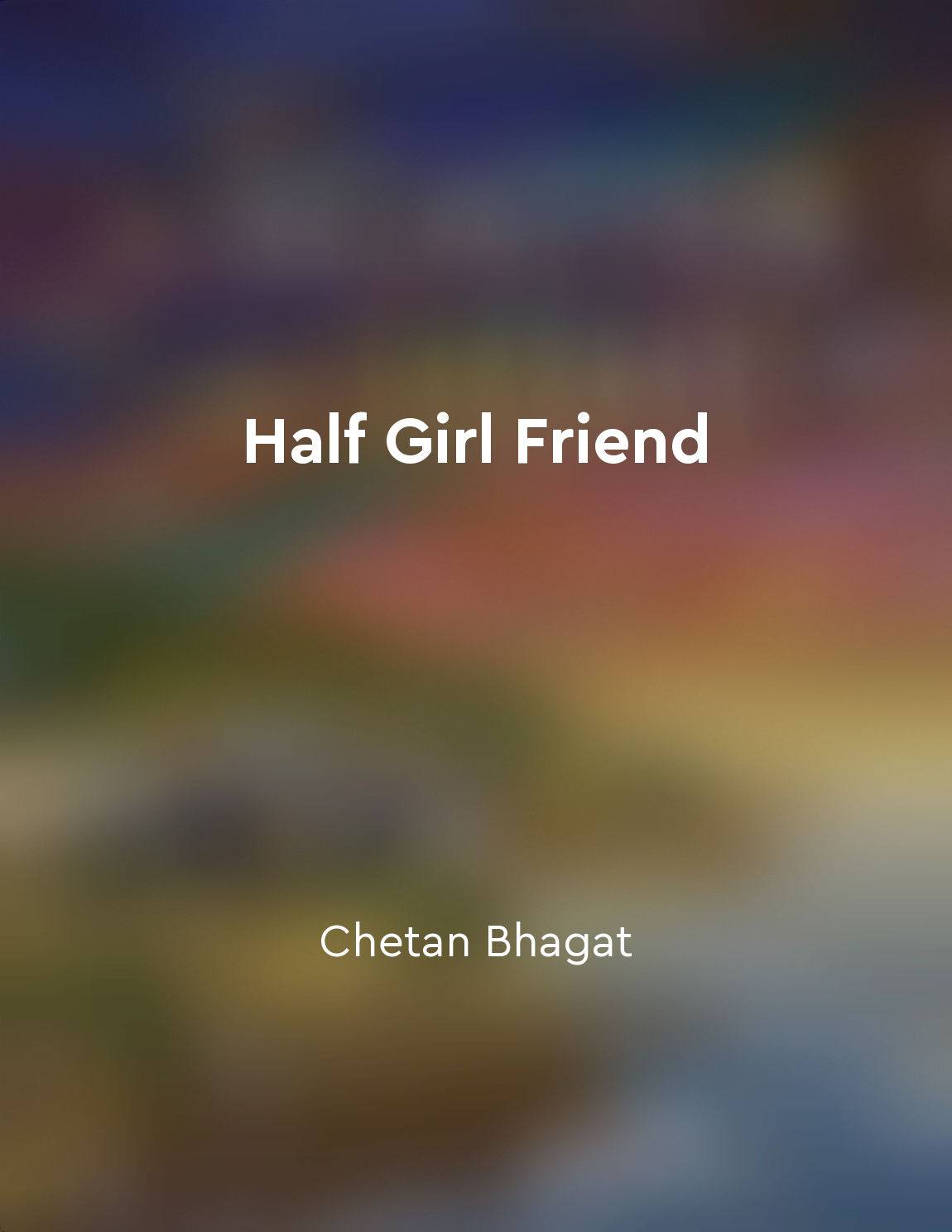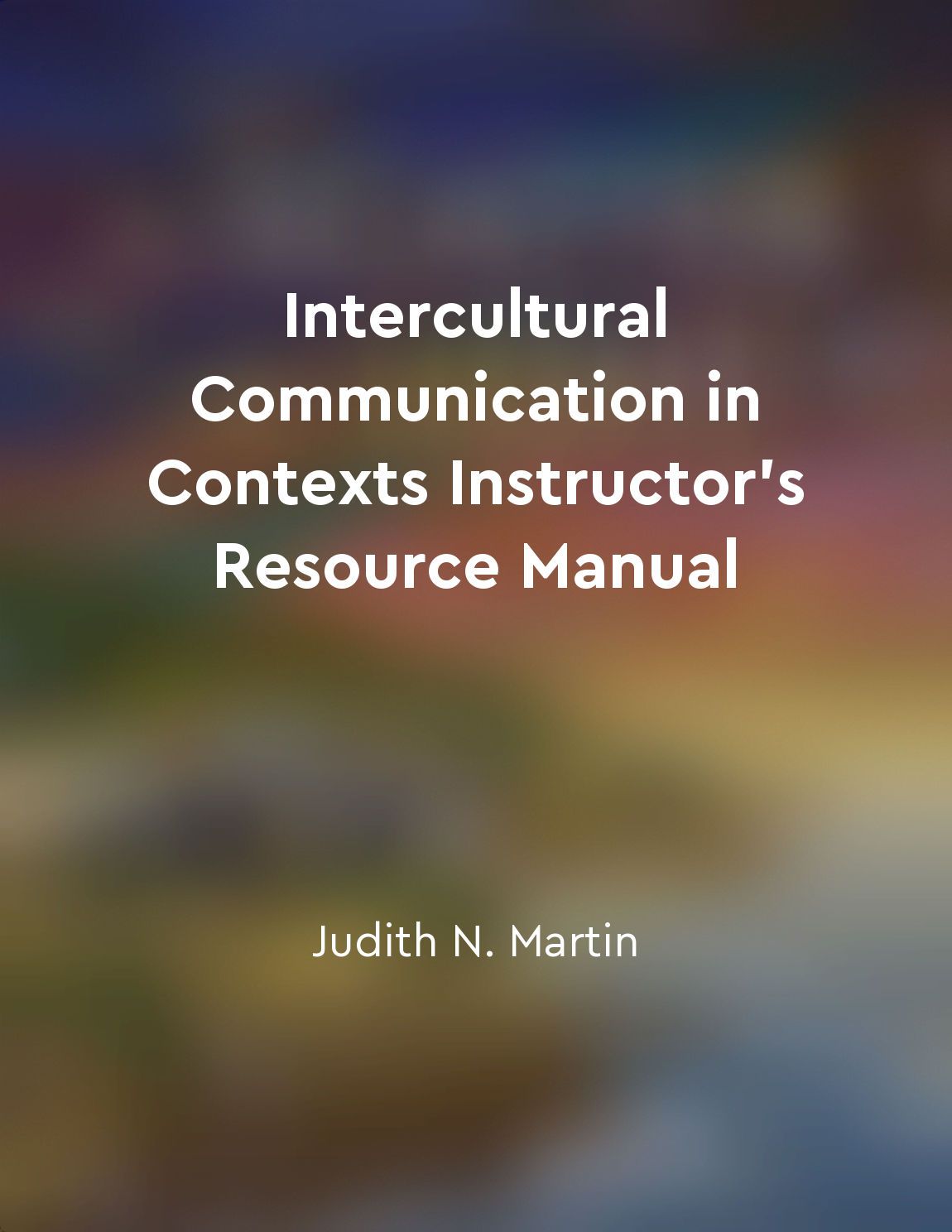Translation is complex from "summary" of How the World Thinks by Julian Baggini
The task of translating one language into another may appear straightforward at first, but a closer examination reveals its true complexity. It is not merely a matter of substituting one word for another, as meanings and nuances can be lost in the process. The act of translation requires a deep understanding of both languages involved, as well as the cultural contexts in which they are used. Language is not a simple tool for communication; it is deeply intertwined with culture, history, and identity. Words and phrases carry layers of meaning that may not have direct equivalents in another language. This makes the translation process challenging, as the translator must not only convey the literal meaning of the words but also capture their cultural and emotional significance. Furthermore, languages are not static entities; they evolve over time and are influenced by various factors such as migration, trade, and conquest. This means that translations must take into account not only the current meanings of words but also their historical and etymological roots. A word that has a specific connotation in one language may have a completely different meaning in another, making it crucial for the translator to navigate these complexities with precision and care. Translating also involves navigating the differences in grammar, syntax, and structure between languages. Each language has its own rules and conventions, which can pose challenges for the translator trying to convey the original meaning accurately. A sentence that is perfectly clear in one language may become convoluted or ambiguous when translated, highlighting the need for a deep understanding of both languages' rules and structures.- Translation is a multifaceted process that goes beyond mere words on a page. It requires a deep understanding of language, culture, and history, as well as a keen awareness of the nuances and subtleties that make each language unique. A skilled translator is not just a linguistic expert but also a cultural mediator, able to bridge the gap between different ways of thinking and expressing ideas. This complexity is what makes translation both challenging and rewarding, as it allows us to explore the rich tapestry of human language and communication.
Similar Posts
Strive for clarity and precision in your use of language
When you are using language, it is important to ensure that you are clear and precise in your communication. This means that yo...
Expand your vocabulary by reading books
One of the most effective ways to improve your vocabulary is by reading books. When you read books, you are exposed to a wide r...

Chance encounter changes fate
The moment Riya Somani walked into St. Stephen's College, my fate changed. It was a chance encounter, really. I had no idea tha...
Seek clarity through prayer and meditation
When faced with challenging or perplexing passages in the Bible, it can be easy to feel overwhelmed or confused. In these momen...

Seeking clarification is vital in intercultural exchanges
In intercultural exchanges, seeking clarification plays a crucial role in fostering understanding between individuals from diff...
Consistency is key in writing
Consistency is a fundamental principle in writing that cannot be ignored. It is the glue that holds a piece of writing together...
Globally shared concepts exist
The idea that there are concepts shared by all cultures might seem surprising, given how different people's beliefs and practic...

